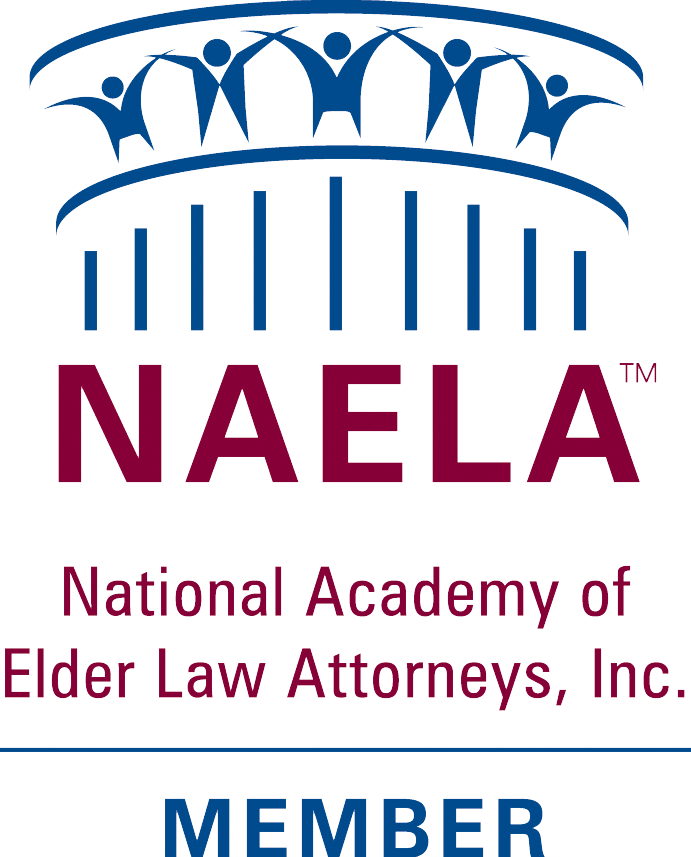For many of us, our homes are our most valuable asset. Therefore, when planning to protect
your assets, there is often a question as to “how to protect” your home. As a general matter, the
use of an Irrevocable Trust is often the more comprehensive option than simply doing a life
estate deed.
The goal of planning with both options is the often the same: Avoiding the pitfalls of the Probate
Court Process, Protecting your home from Nursing Home and Long Term Care Expenses, while
maintaining tax benefits. On the surface, both irrevocable trusts and life estate deeds can be used
to achieve these goals. However, there are several unforeseen pitfalls that can occur with a life
estate deed which can be avoided with the use of the irrevocable trust. Here are just a few
1-Beneficiaries cannot be changed on a deed with life estate. Once a deed has been transferred
to a beneficiary (i.e. one of your children), you cannot change the deed without the beneficiaries’
consent. On the other hand, most trusts, even if irrevocable, allow for you to change the
beneficiaries at any time without their consent.
2-If a beneficiary passes away before you and is on a life estate deed, that portion of the property
will pass to their estate and possibly to their spouse, leading to an awkward situation of
becoming partners with “in laws”. This becomes even worse if that in-law remarries. With a
trust, you can maintain control of the ownership of the property while you are alive, even if your
beneficiary passes before you.
3-A trust can protect from the creditors of the beneficiaries and those protections can also be
continued after your death.
4-A trust can be used to protect disabled beneficiaries or beneficiaries who need ongoing
assistance in managing their affairs. A deed with life estate does not allow for such protections.
5-A trust can be used to protect assets in addition to your real estate. You can use the trust to
also shelter bank accounts, life insurance, brokerage accounts and other types of investments. A
life estate deed only applies to real estate.
6-Most trusts, like a life estate deed, enable you to maintain your property tax exemptions
(Senior Citizen, STAR, Veterans, etc.). Furthermore, most trusts enable your beneficiaries to
inherit the property “tax-free” of any capital gains with a stepped-up cost basis. There are
misconceptions that irrevocable trusts do not maintain these tax benefits, but, the trust can
include grantor trust provisions which allow you to keep these benefits.
7-If you are in a nursing home and the property is sold while in a life estate deed, the life estate
value of the property loses its protection and could become available to the nursing home and
cause you to lose Medicaid and related benefits. The trust can sell the property and protect the
entirety of the sale proceeds.
Get The Right Advice! Unfortunately, there are many professionals and attorneys who give
clients misinformation on this topic. It is important to get the right advice and speak to an
experienced Elder Law Attorney.
Feel free to contact Silvagni and Como at 718-928-3355 or via email at [email protected].

